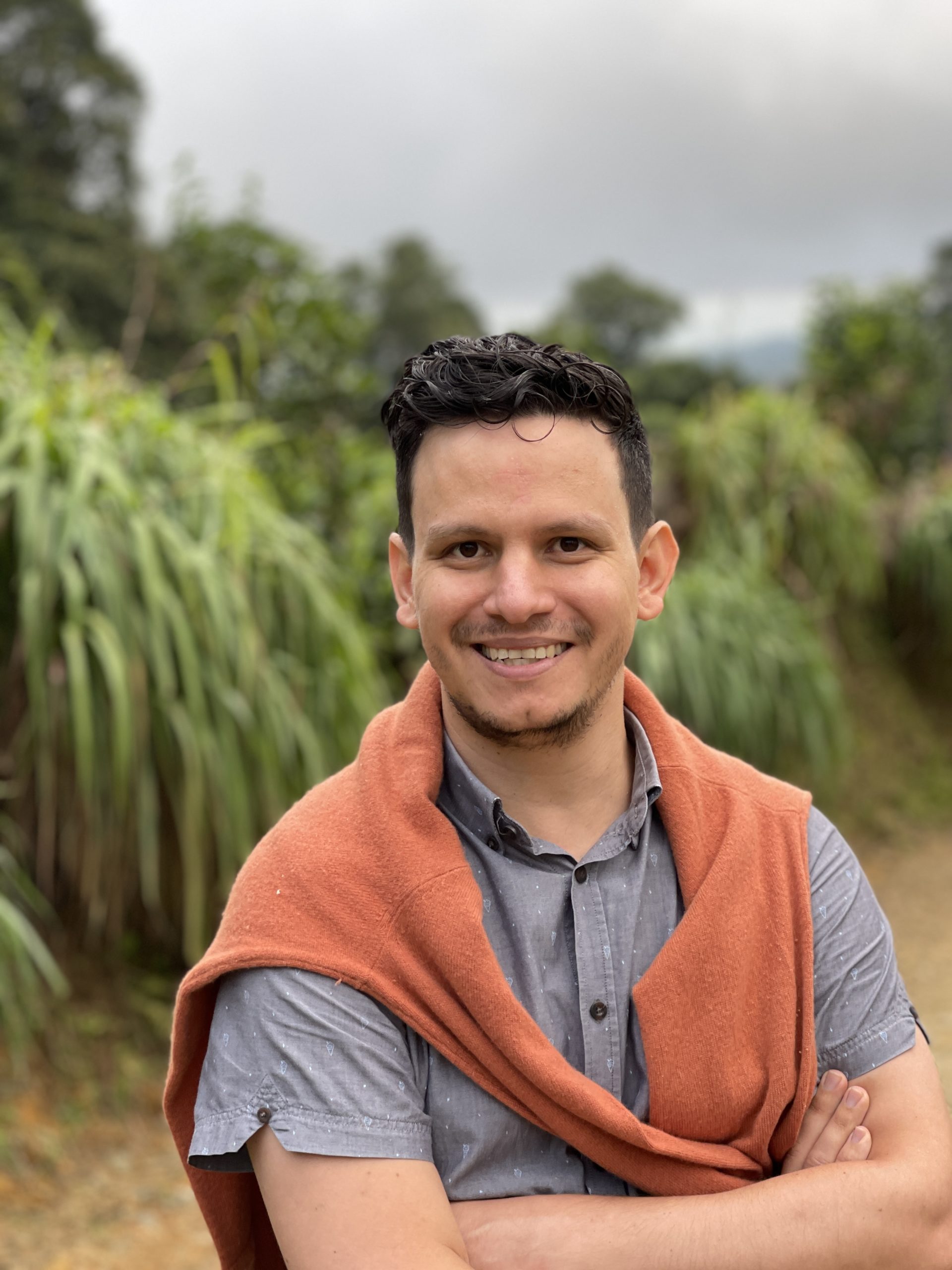Juan Albarracín is an assistant professor of Political Science at the University of Illinois Chicago (UIC) and a co-principal investigator of the Notre Dame Violence and Transitional Justice Lab (V-TJLab) at the University of Notre Dame’s Kellogg Institute. His research focuses on the threats to political and civil rights in cases of mass-scale violence. In this sense, his work lies at the intersection of studies of democratization, criminal governance, and political institutions. Through his current book project Criminalized Electoral Politics: Politicians and Criminals Subverting Democracy in Brazil, he tackles one of the most critical issues in contemporary developing democracies: the effect of criminal governance on democratic processes. He explains how the absence of robust local party organizations and autonomous civic organizations enable politicians to seek alliances with criminal groups to repress political rivals and violently influence electoral outcomes in some Brazilian cities.
In addition to criminal governance, he is also interested in the transformation of violence after transitions from authoritarian rule and/or armed conflict. He explores in a collaborative research project how the implementation of transitional justice mechanisms impacts levels of criminal violence in new democracies. Together with colleagues in Colombia and Germany, he also studies the political logic behind post-conflict violence in Colombia, in particular the growth in violence against social movement leaders from 2016 to the present.
Albarracín holds a PhD and an MA in political science from the University of Notre Dame and a BA in political science and MA in comparative politics from the Universität Tübingen (Germany). His research has been recognized and supported by groups including the American Political Science Association, the Latin American Studies Association, the Network for the Study of Drugs in Latin America (Redesdal), the Inter-American Foundation, the Fulbright Commission in Colombia, the German-Colombian Peace Institute, Friedrich Ebert Stiftung in Colombia, and the German Academic Exchange Service.

